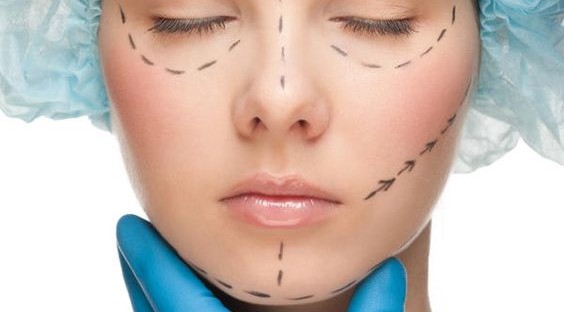Last week the Medical Board of Australia issued new guidelines for medical practitioners who perform cosmetic medical and surgical procedures.
In an effort to protect consumers seeking cosmetic surgical procedures and reduce surgical complications, the Medical Board of Australia has consulted widely with it’s members, the community and industry representatives, drafting new cosmetic surgery guidelines, becoming effective October 1st 2016.
Dr Joanna Flynn AM, The Board Chair says ‘The guidelines will help keep patients safe, without imposing an unreasonable regulatory burden on practitioners’.
The new guidelines were initiated due to an increase in demand of people seeking cosmetic procedures and to curb complaints received by the Medical Board of Australia. The skyrocketing growth of people seeking cosmetic surgery, has created a dollar incentive for some practitioners to practice outside their skill set, sometimes with disastrous outcomes for the patient. Dr Flynn says the new safeguards were implemented for people under the age of 18 who may be vulnerable and in the best interests of the public.
Regardless of their qualifications, the new guidelines apply to plastic surgeons, cosmetic surgeons and cosmetic physicians who offer cosmetic surgery procedures.
9 key points from the guidelines include:
- There should be a 7 day cooling off period for all adults before any major procedure (anything that involves cutting beneath the skin).
- Adult patients should be referred to a psychologist, psychiatrist or general practitioner if there are any indications of underlying psychological problems.
- There should be a 3 month cooling off period for all under 18’s before major procedures and a mandatory evaluation from a registered psychiatrist, psychologist or general practitioner.
- There should be a 7 day cooling off period for all under 18s before minor procedures (cosmetic medical procedures that do not involve cutting beneath the skin but may involve piercing the skin).
- The treating medical practitioner must take responsibility for any post-operative care.
- The treating medical practitioner must make sure there are emergency facilities when using sedation, anaesthesia or analgesia.
- There needs to be a mandatory consultation (either by person or by video conference) before medical practitioners prescribes sildenafil bago schedule 4 cosmetic injectables.
- Medical practitoners need to provide detailed, written information to the patient to ensure they are have informed consent. Information should include the range of possible outcomes, complications and recovery times associated with the procedure and the qualifications and experience of the medical practitioner.
- Medical practitioners need to provide patients with detailed written information about costs including any costs for follow-up care or any potential revision surgery or treatment.
The undertaking of any surgery carries inherent risks and elective cosmetic surgery is no exception. These new guidelines will provide a safety net for people considering aesthetic solutions or cosmetic surgery in the future.
Do you think these new guidelines go far enough in protecting the public against practitioners practising outside their scope of practice, drop me a line I’d like to hear your thoughts?
ASkinSolutions x






